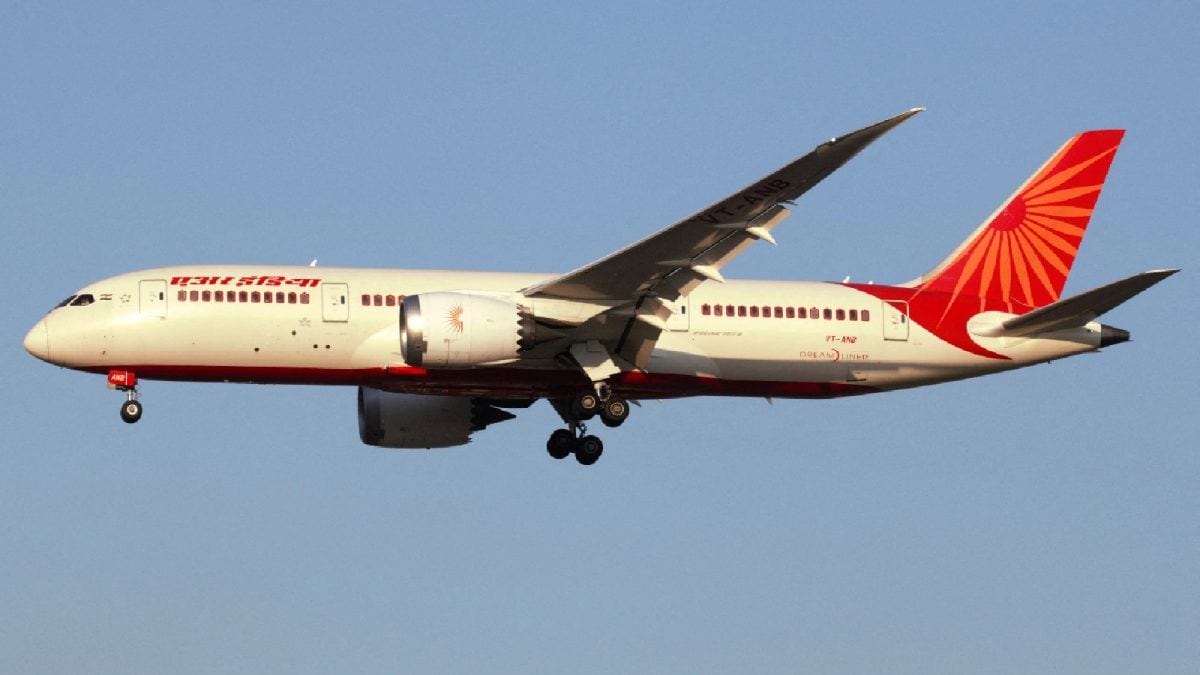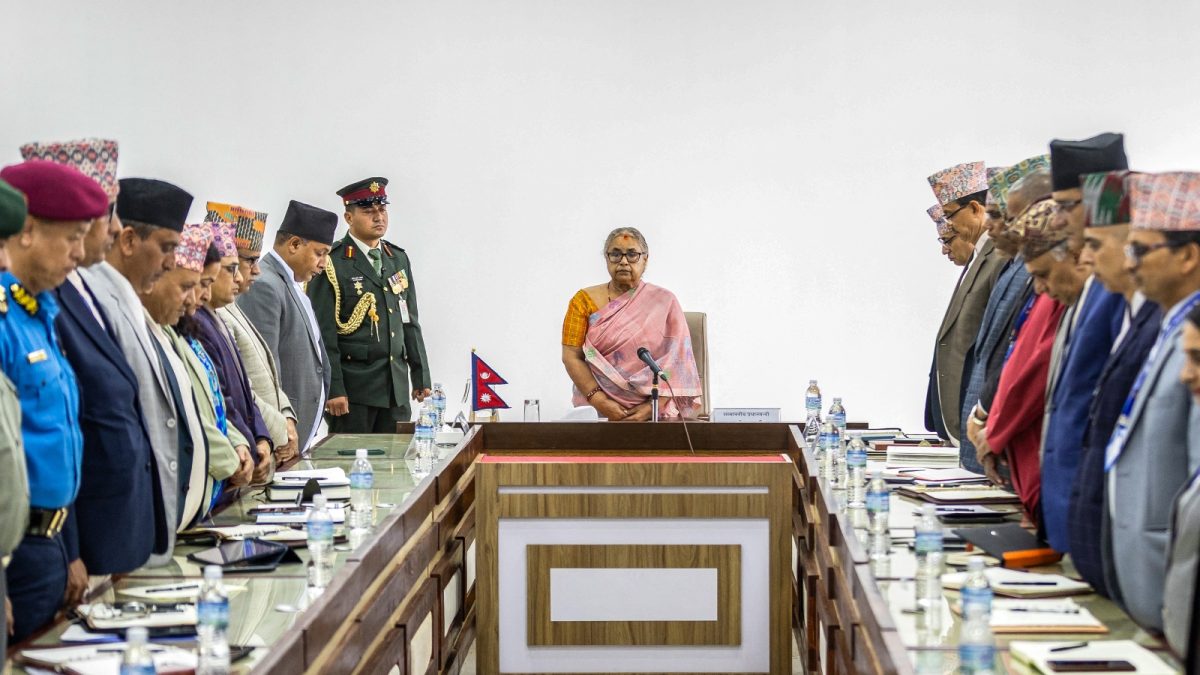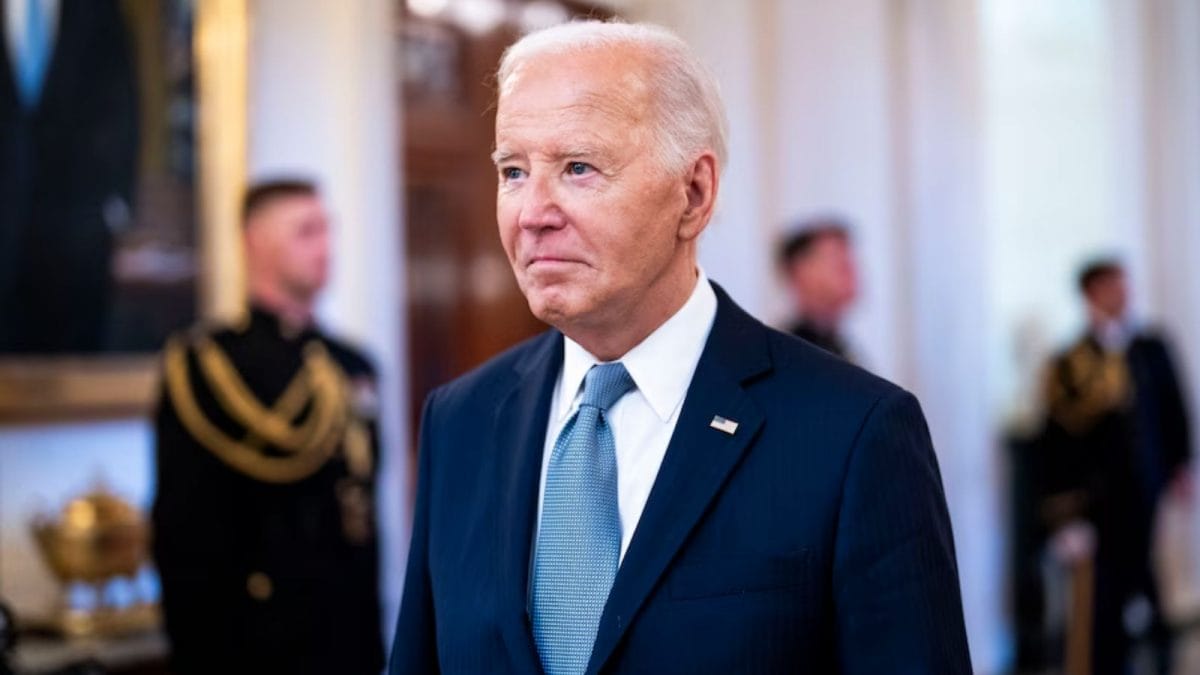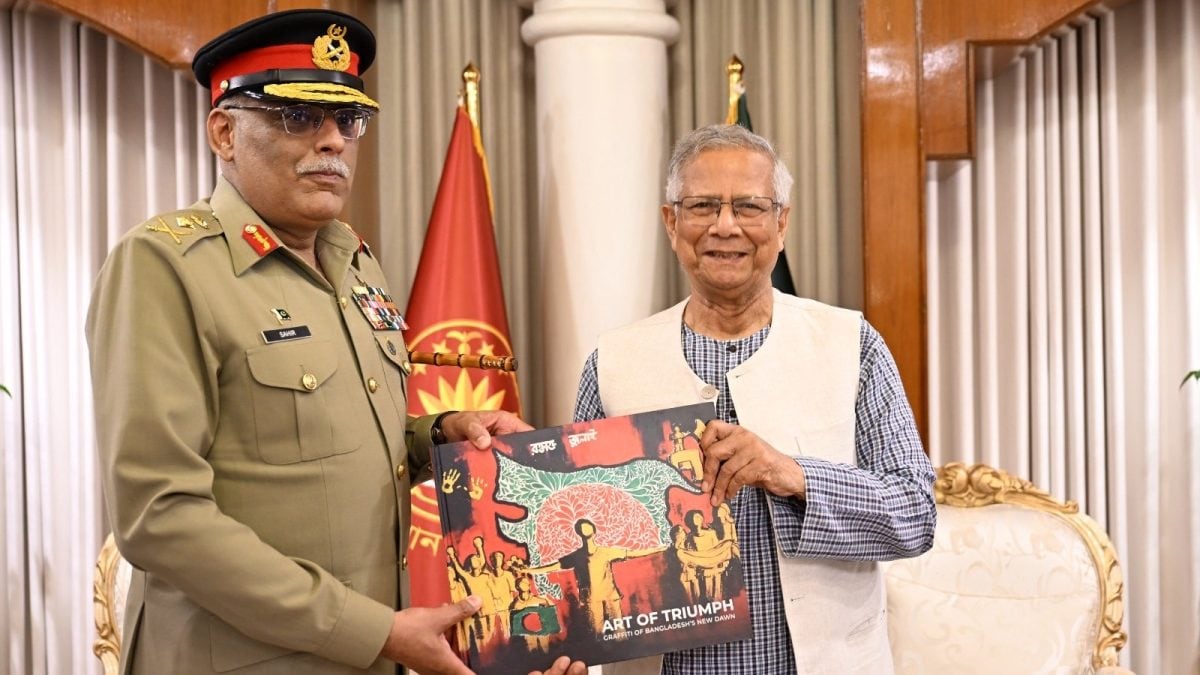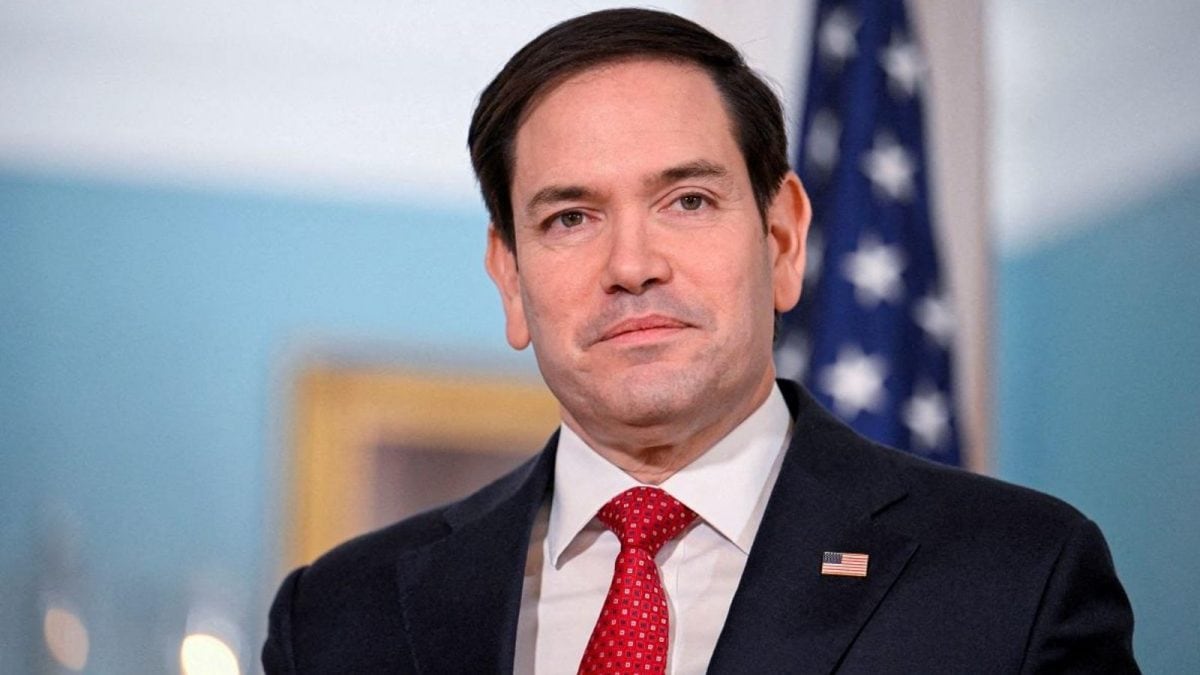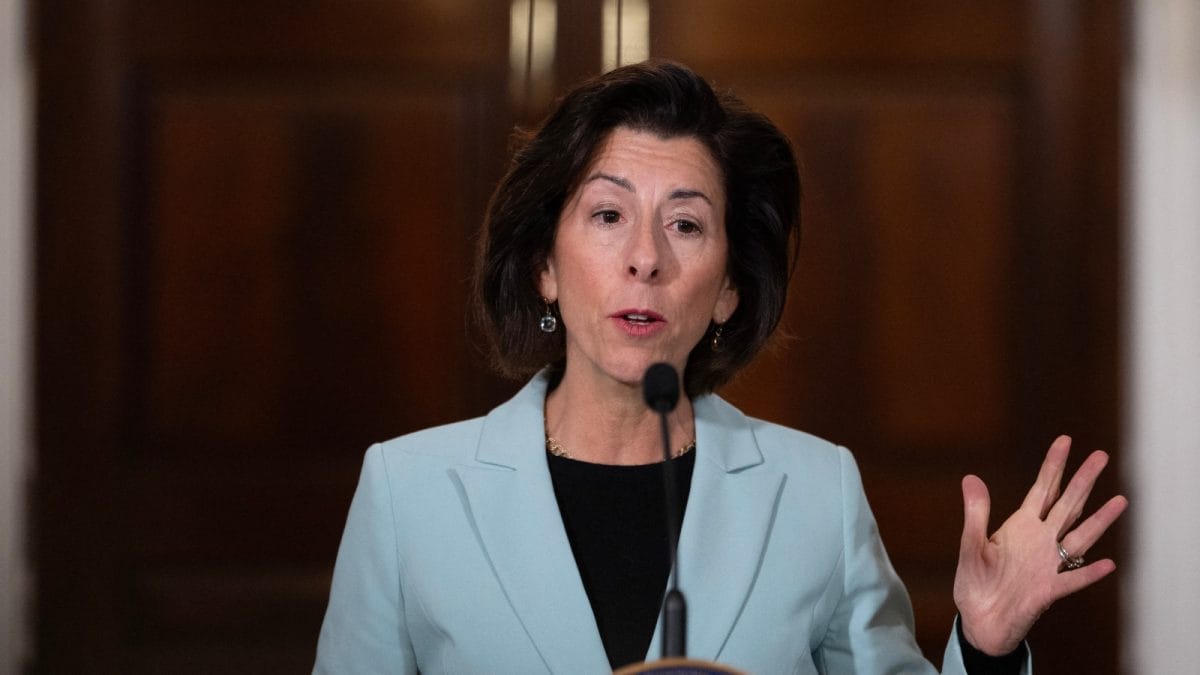Bhutan Prime Minister Tshering Tobgay, addressing the UNGA80, urged reforms in the UN Security Council to make it more representative. He named India and Japan as deserving nations for permanent membership.

Bhutan's Prime Minister Tshering Tobgay addresses the 80th UNGA at UN headquarters in US. (Photo: Reuters)
Bhutan Prime Minister Tshering Tobgay on Friday (local time) backed India and Japan for permanent membership of the United Nations Security Council (UNSC), calling them "deserving nations" and pressing for reforms to the global body.
Addressing world leaders at the 80th session of the United Nations General Assembly (UNGA80) in New York, Tobgay urged to embrace a more representative and effective multilateral system.
In a direct and unambiguous statement, Tobgay said Bhutan fully supports reforms to make the United Nations more inclusive and credible in the face of today’s challenges.
"Bhutan supports reform of the United Nations, including reform of the Security Council, expanding both permanent and non-permanent membership. A reformed Security Council must include deserving nations such as India and Japan alongside other capable and leading countries to reflect today’s complex realities," he said.
BRICS BACKS INDIA AND BRAZIL
Tobgay’s call comes at a time when discussions around UNSC reform are increasing. The Brics Foreign Ministers’ meeting, held earlier on the sidelines of the UNGA80, reiterated support for India and Brazil’s aspirations to play a greater role within the UN framework.
"Recalling the 2022 Beijing and 2023 Johannesburg II Leaders’ Declarations, China and Russia, as permanent members of the United Nations Security Council, reiterated their support for the aspirations of Brazil and India to play a greater role in the United Nations, including its Security Council," the Brics statement noted.
Beyond Security Council reform, the Bhutanese Prime Minister drew attention to urgent global issues. He pointed towards the dangers of climate change, the persistence of poverty, and ongoing conflicts.
"A planet in a climate crisis, persistent poverty, and conflicts that shatter lives and erode trust among our nations," Tobgay said, outlining the scale of the challenges before the UN.
FIVE NATIONS WITH VETO POWER
The United Nations Security Council (UNSC) consists of 15 members, divided between permanent and non-permanent seats. Five countries -- China, France, Russia, the United Kingdom and the United States -- hold permanent membership and wield veto power.
Over the years, the veto has been used to stall action on conflicts, sanctions, and peacekeeping mandates, often pointing to the strategic interests of the permanent members rather than the interests of the international community.
The remaining 10 seats are filled by non-permanent members, who are elected by the UN General Assembly (UNGA) for staggered two-year terms. These seats are distributed regionally to ensure representation from different parts of the world.
- Ends
With inputs from agencies
Published By:
Satyam Singh
Published On:
Sep 27, 2025

 4 weeks ago
4 weeks ago







